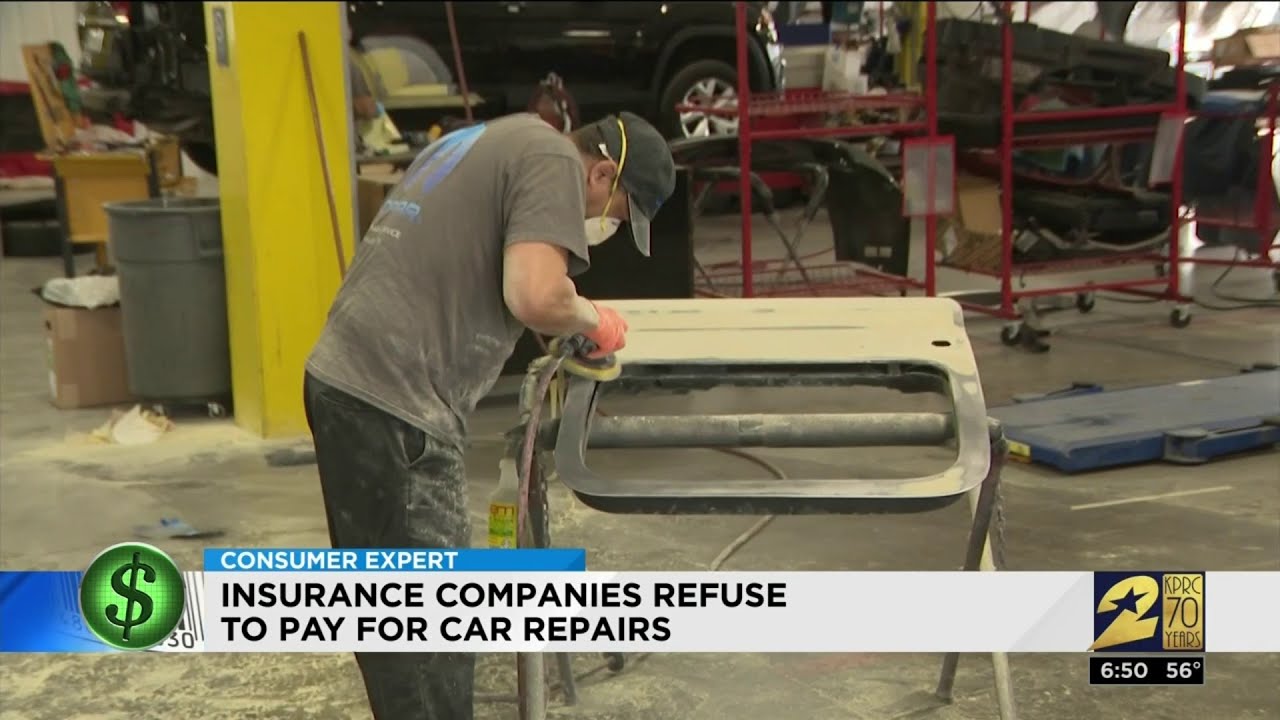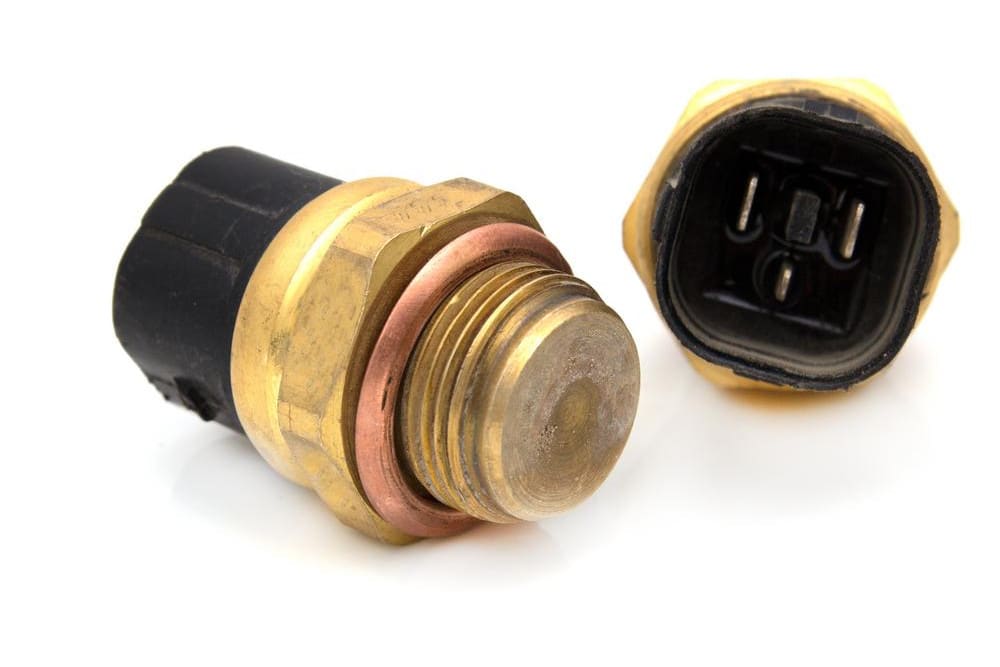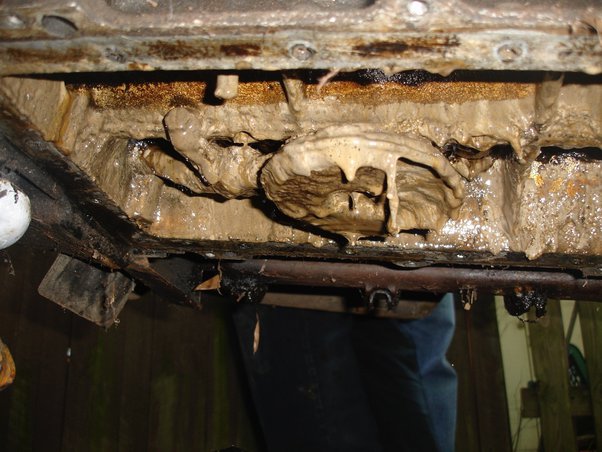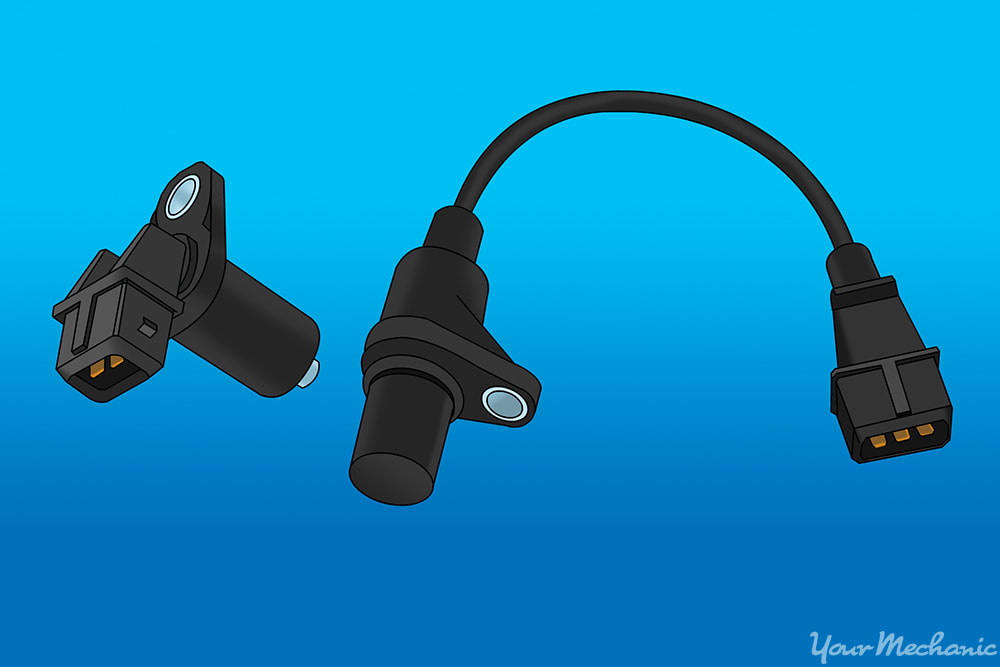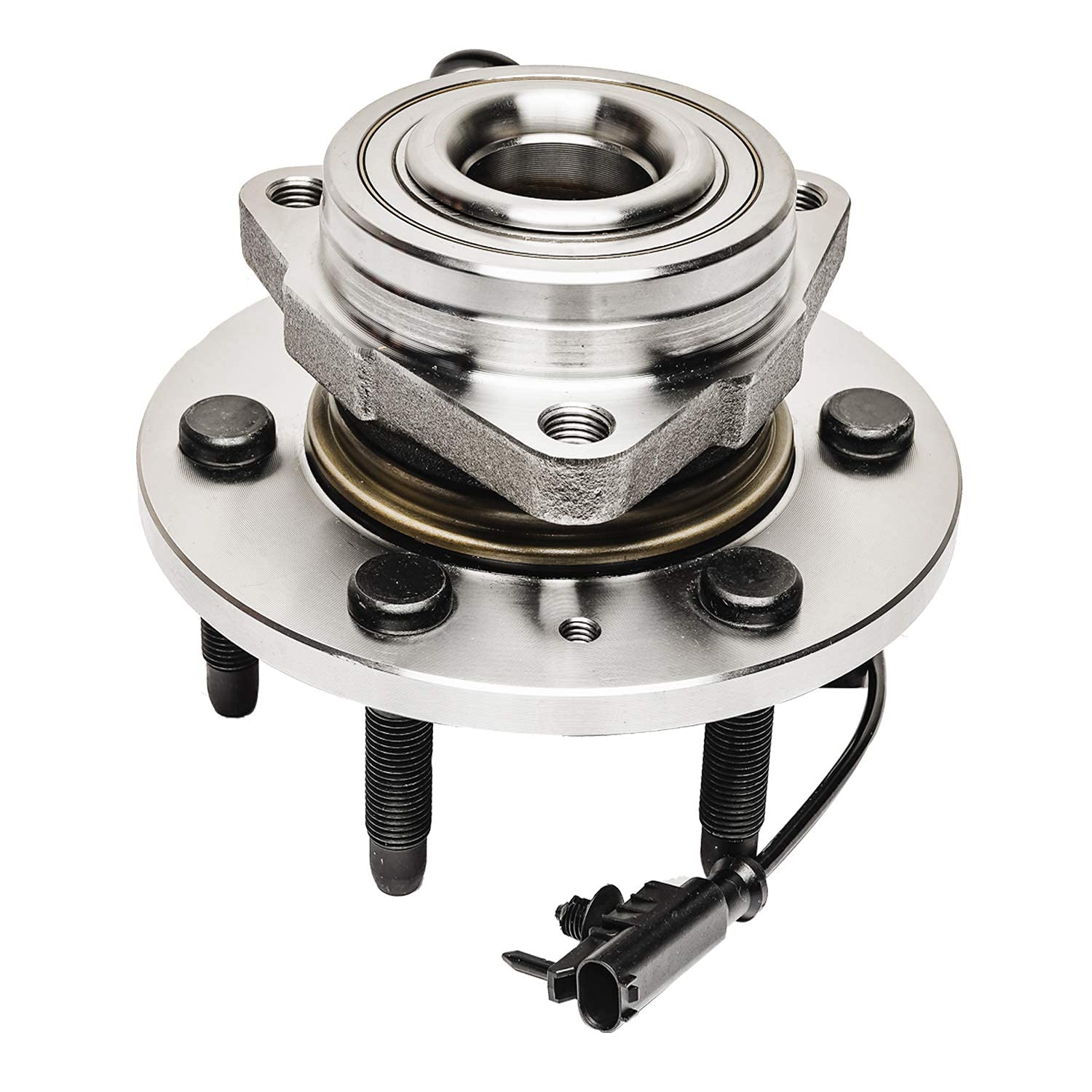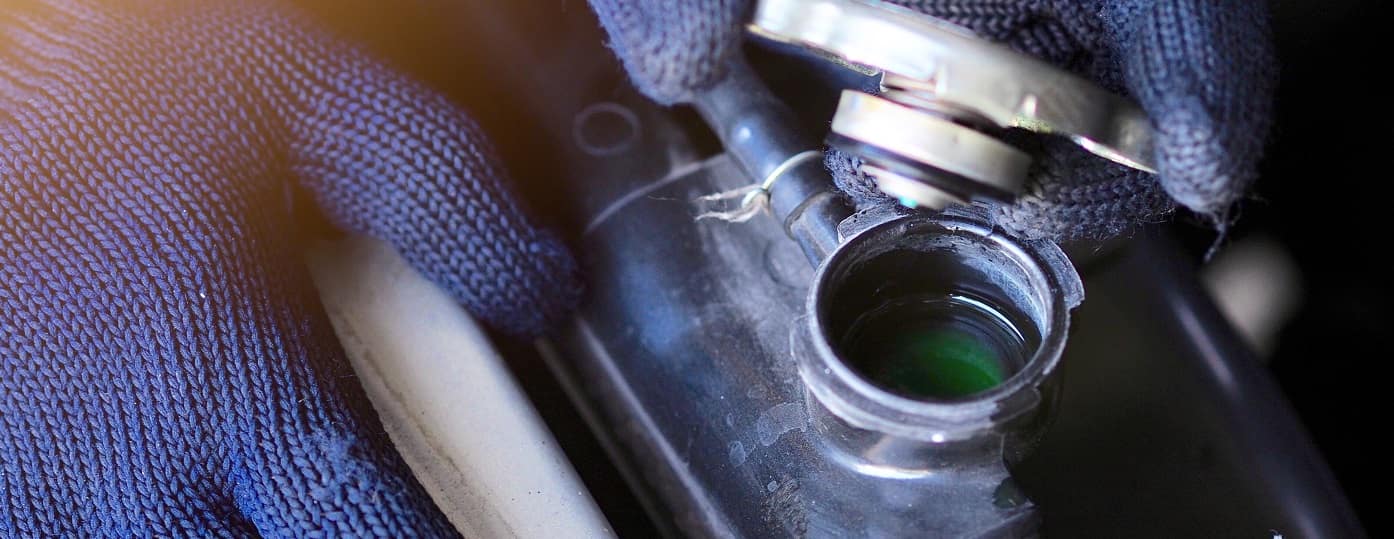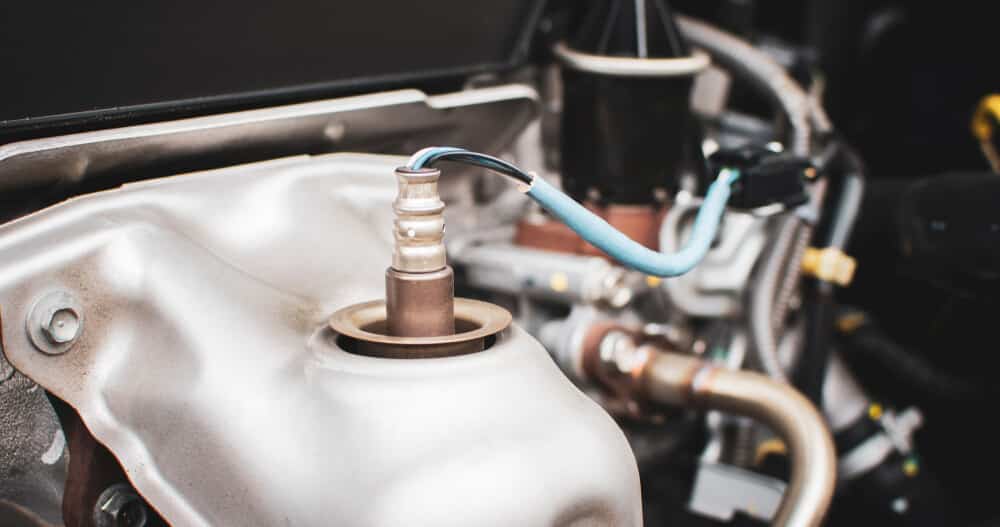Can Insurance Refuse to Pay for Car Repairs
Yes, insurance can refuse to pay for car repairs if the claim falls outside the policy’s coverage terms. Factors like policy exclusions or non-payment of premiums can affect claim acceptance.
Navigating the nuances of car insurance and claims can be challenging. Insurance companies offer various policies, and each comes with its set of rules and conditions. Policyholders must comply with these terms to ensure coverage in the event of a car accident or damage.
Understanding your policy is crucial; it outlines the instances where an insurance company may rightfully deny a claim, such as in cases of fraudulent activity, expired policies, or damages not covered under the policy. Keeping your premiums up-to-date and knowing what your policy covers are essential steps in safeguarding your entitlement to car repair costs after an incident. By being informed and adhering to your policy guidelines, you effectively prevent the unfortunate scenario where an insurer could refuse to pay for necessary car repairs.

Credit: www.tdi.texas.gov
The Basics Of Car Insurance Claims
Dealing with car accidents can be stressful. Understanding car insurance claims can ease that stress. When your car is damaged, you may wonder, “Can insurance refuse to pay for repairs?” Here’s what you need to know about the basics of car insurance claims.
Types Of Coverage And Their Purpose
Car insurance comes in different types to protect you. It is essential to know these to choose the right one. Each type covers different events.
- Liability Insurance: Covers costs when you’re at fault for damage or injury.
- Collision Insurance: Pays for repairs to your car after an accident.
- Comprehensive Insurance: Covers non-collision events like theft or natural disasters.
The Process Of Filing A Claim
When your car needs repairs, you must file a claim. This is how insurance helps pay for the damage. Here is a simple guide to filing a claim:
- Report the accident to your insurer quickly.
- Complete a claim form with details about the accident.
- Insurance company reviews the claim.
- Adjuster assesses the car damage.
- Insurer approves or denies the claim.
If the insurer approves, they pay for the repairs. If they deny, you receive reasons why. Sometimes, you might need additional evidence to support your claim.
Reasons For Insurance Claim Denials
Filing a claim with your car insurance provider might seem straightforward, but sometimes companies can deny claims. Understanding the common reasons for these denials is crucial. This way, you avoid unpleasant surprises when expecting coverage for your car repairs.
Policy Exclusions Explained
Insurance policies come with exclusions, which are situations not covered. Exclusions can range from damage due to normal wear and tear to intentional damage. Know your policy’s exclusions to prevent claim denial.
Common policy exclusions include:- Damage from wear and tear
- Intentional damage by the policyholder
- Use of the vehicle for illegal activities
Lapsed Coverage And Non-payment Issues
A missed payment could lead to lapsed coverage. If an accident occurs during a lapse, your insurer may refuse to pay. Always ensure timely payments and monitor your policy status.
| Lapse Duration | Risk |
|---|---|
| Short-term | Policy reinstatement with penalties |
| Long-term | Policy cancellation and higher premiums in future |
Uncovered Events And Circumstances
Sometimes, certain events might not receive coverage under your insurance policy. It can be confusing and frustrating. Knowing what your insurance does not cover is as important as knowing what it does.
Examples of uncovered events:- Accidents while driving under the influence of substances
- Damage from natural disasters if not included in the policy
- Incidents occurring when the driver is not listed on the policy
Boldly seeing through an insurance policy before a claim helps you avoid denials. Keep records and understand policy terms to aid smooth claim processing.
Investigating The Denial
When your insurance company denies a claim for car repairs, it’s not the end of the road. Investigating the denial is a crucial first step. Understanding why the insurer refused to pay will guide you on how to proceed. Be proactive and follow these steps to contest the denial effectively.
Gathering Evidence To Support Your Claim
To challenge a claim denial, compiling evidence is essential. Begin by collecting:
- Your insurance policy to confirm coverage.
- Accident reports indicating what happened.
- Photos of the car damage.
- Repair estimates and invoices.
- Correspondence with the insurance company.
Note every detail as it can be critical for your case. Keep copies of all your documents.
Understanding The Denial Letter
Insurers must provide a reason for denying a claim. Review the denial letter carefully to understand their position. Look for:
- Specific policy exclusions
- Conditions or circumstances that invalidate a claim.
- Coverage limits
- Maximum amounts payable under the policy.
- Claim filing errors
- Mistakes in the submission process.
By knowing their reasoning, you can address the specific issues raised.
Common Mistakes To Avoid
Avoid common pitfalls that could weaken your case:
- Don’t throw away any repair receipts or documents.
- Avoid admitting fault or discussing the denied claim on social media.
- Do not miss any deadlines for filing appeals.
By being vigilant and thorough, you improve your chances of a successful appeal.

Credit: www.youtube.com
Disputing The Insurance Company’s Decision
Disputing the Insurance Company’s Decision can be a daunting process when an insurer refuses to pay for car repairs. In some instances, an insurance company may deny a claim, leaving you feeling frustrated and uncertain. Understanding your rights and the available options to challenge such a decision is crucial. The following steps provide a structured approach to effectively appeal against an insurance claim denial.
Steps To Appeal The Denial
To dispute an insurance company’s refusal, follow these guidelines:
- Review the Denial Letter: Analyze the reasons for claim rejection.
- Gather Evidence: Collect all relevant documents, photos, and repair estimates.
- Submit a Formal Appeal: Write to the insurer, detailing why the claim should be covered.
- Follow-up Regularly: Keep track of the appeal process, requesting updates.
When To Engage A Lawyer
If the appeal does not resolve the issue:
- Consult an Attorney: Seek legal advice to evaluate your case.
- Understand Your Policy: An attorney can interpret policy language.
- Legal Representation: A lawyer can represent you in further actions.
Utilizing State Insurance Departments
State insurance departments offer additional support:
- Contact Them: They can provide guidance on insurance laws.
- File a Complaint: They handle disputes with insurance providers.
- Use Resources: Many departments have resources for consumers.
Preventive Measures For The Future
After dealing with the hassle of car repairs, finding out that your insurance won’t cover the costs can be a nightmare. But what if you could reduce the chances of this happening in the future? By taking some proactive steps, you can stand a better chance of having your car repairs covered if the unexpected occurs.
Keeping Your Policy In Good Standing
Always pay your premiums on time to avoid cancellation or lapse in coverage. Insurance companies may refuse to pay for car repairs if your policy isn’t active due to non-payment.
- Communicate with your insurer regularly, especially if you have changes in your driving habits or vehicle modifications.
- Keep proof of payment, whether digital or paper records, as evidence of maintaining your policy in good standing.
Regular Vehicle Maintenance And Documentation
By maintaining your vehicle, you demonstrate to insurance companies that you’re taking steps to prevent accidents and car problems.
| Maintenance Task | Documentation |
|---|---|
| Oil Changes | Keep receipts and service records. |
| Brake Checks | Document dates and service details. |
| Tire Rotations | Save the records from each visit. |
Routine check-ups can prevent major issues. This shows insurers that you routinely maintain your vehicle’s health.
Reading And Updating Your Policy
- Read your policy thoroughly to understand what is covered and what is not.
- Check for updates regularly, as insurance policies can change annually.
When life changes, such as moving, buying a new car, or adding a new driver, review and update your policy to reflect these changes. This ensures that your coverage matches your current situation.
:max_bytes(150000):strip_icc()/Who-will-my-auto-insurance-check-claim-be-made-out-to-527131-v2-f4edb97fee6f488d969226528a1b55d0.png)
Credit: www.thebalancemoney.com
Frequently Asked Questions Of Can Insurance Refuse To Pay For Car Repairs
Can Insurers Deny Car Repair Claims?
Yes, insurers can refuse to pay for car repairs if they determine that the policy doesn’t cover the incident, if the claim exceeds coverage limits, or if they suspect fraudulent activity. Policyholders should review their insurance agreements to understand their coverage.
What Invalidates A Car Insurance Claim?
Several factors can invalidate a car insurance claim, including driving under the influence, not having a valid license, providing false information, and not reporting the accident in time. Delayed reporting and failure to pay premiums can also lead to claim denial.
How Do I Dispute A Car Insurance Claim Denial?
To dispute a car insurance claim denial, first review your policy to understand your coverage. Then, collect evidence such as photographs and witness statements. Next, submit a formal written appeal to your insurer, and consider seeking legal advice if needed.
What Are Common Reasons For Car Claim Denial?
Common reasons for car insurance claim denial include policy exclusions, lapsed coverage, failure to report the accident promptly, unapproved vehicle modifications, and filing a claim for damages that are not included under the policy terms.
Conclusion
Navigating the complex terrain of insurance claims can be daunting, especially when you’re faced with car repair rejections. It’s essential to understand your policy, document every interaction, and know your rights. Should disputes arise, legal advice or a mediator can prove invaluable.
Remember, perseverance is key in ensuring your insurance provider meets their obligations. Stay informed, prepared, and assertive to navigate these challenging waters successfully.

